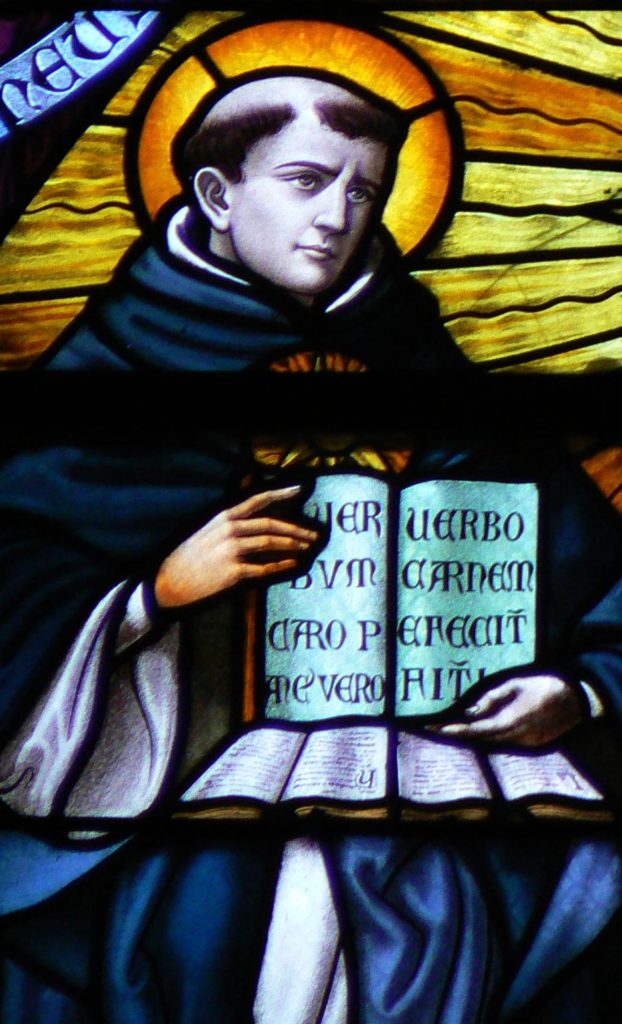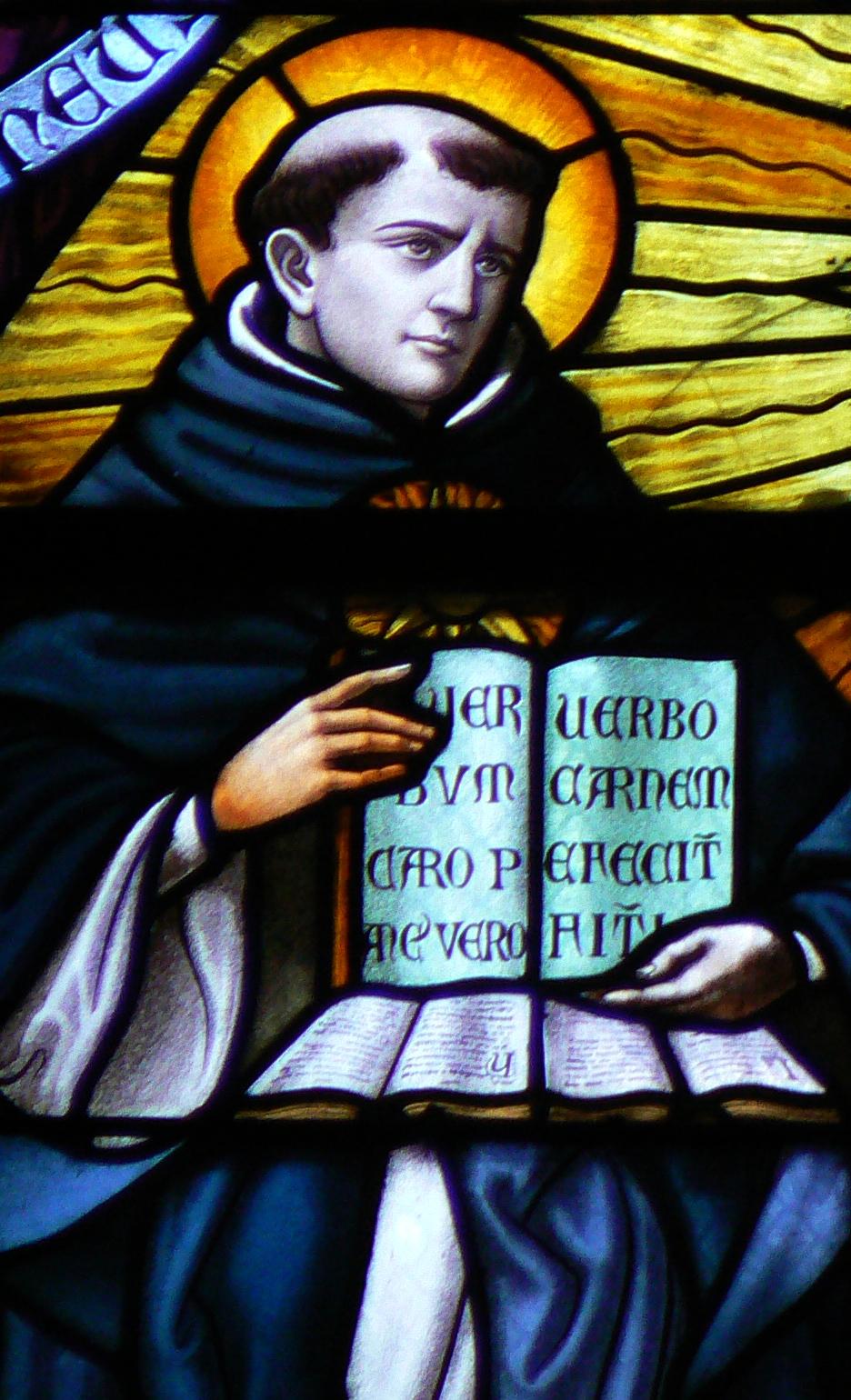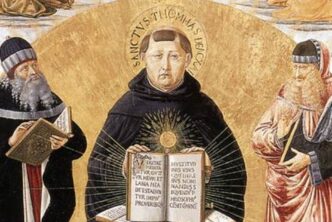
The second objection to the first article of the first question of St. Thomas’ Summa Theologiae begins thus: “Doctrina non potest esse nisi de ente: nihil enim scitur nisi verum, quod cum ente convertitur.” In his translation of the Summa the late Fr. Laurence Shapcote, OP translates doctrina as “knowledge.” The newer edition of the Summa from the Aquinas Institute revises this translation from “knowledge” to “teaching.”
So what is doctrina and what does it mean?
St. Jerome uses doctrina to translate a host of words in the Vulgate: e.g., מְלָאכָה (Exodus 35:31), אוּרִים (Leviticus 8:8), דַּעַת (Proverbs 24:4; 1 Kings 7:14; Ecclesiastes 2:21), שִׂכְלוֹ (Proverbs 12:8), מוּסַר (Proverbs 13:1; Isaiah 26:16; Jeremiah 10:8), שֵֽׂכֶל (Proverbs 13:15), דְּעֶה (Proverbs 24:14), παιδεία (Sirach 4:29, 21:22), δῐδᾰχή (Matthew 7:28 et passim; Mark 4:2 et passim; Luke 4:32; John 7:17 et passim), δῐδασκᾰλία (Romans 12:7; Titus 2:7), or διδακτός (1 Corinthians 2:13). In all it appears 113 times in the Vulgate and frequently in works like the Venerable Bede’s Historiam ecclesiasticam gentis Anglorum and Cicero’s dialogue De Oratore. The sense of the word tends to be, as Lewis & Short put it, “the knowledge imparted by teaching” or “the habit produced by instruction.”
A Lexicon of Saint Thomas Aquinas defines it this way: doctrīna, ae, f., (1) instruction in the active sense of the word, teaching, informing, synonym of doctio and doctrinatio, the opposite of disciplina, (2) instruction in the passive sense of the word, synonym of disciplina, (3) doctrine, dogma, (4) profession of teaching, branch of learning, science, synonym of disciplina.
Which is to say, the Aquinas Institute’s revision is right and good.






In other words, if you understood what Aquinas was teaching you gained knowledge. If you handed on what you understood you were teaching.
Amen.